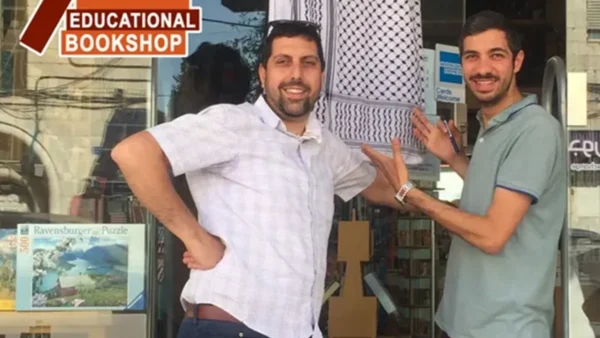In Japan, a prisoner on death row wakes up every morning not knowing if he will be executed that day. The prisoner doesn’t know his execution date until the morning it is to be carried out. His family only finds out after the execution has already taken place.
Hakamada Iwao has been on death row for 40 years. 28 of those years have been spent in solitary confinement. He now suffers from mental illness. The basis for his conviction in 1968 was a confession extracted after 20 days of intensive interrogation. He claims he was beaten and forced to sign. One of the judges who convicted him later said he believed him to be innocent. To me, even if he was guilty, this kind of treatment would not be warranted.
I have just sent him a card as part of Amnesty International’s greetings card campaign. Clearly this is a very small gesture, and will not do too much to help him. But it only takes a few minutes and certainly can’t hurt. Here’s what Amnesty says:
The annual Greetings Card Campaign brings people across the world in touch with each other in a simple way – sending a card with a friendly greeting or message of solidarity to someone who is in danger or unjustly imprisoned. These are prisoners of conscience, people under sentence of death, human rights defenders under threat because of their work, and others at risk.
The campaign, which runs from 1 November to 31 January, offers hope and encouragement to the people who receive our cards. It can also help bring about change – the impression their international mail makes on police, prison staff or political authorities can help keep them safe.


